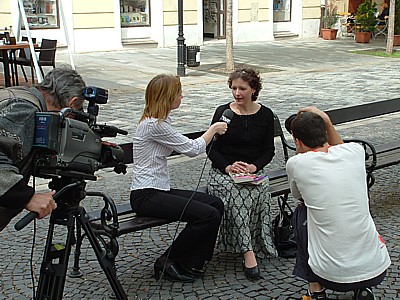 You can’t read any magazine without seeing some reference to the effects of the coming retirement of the baby boom generation. That is just the type of opportunity that entrepreneurs are looking for to create a new business around.
You can’t read any magazine without seeing some reference to the effects of the coming retirement of the baby boom generation. That is just the type of opportunity that entrepreneurs are looking for to create a new business around.
Think of all of the services these people will need. Some of them will need to have more of the work around the house or apartment done for them and they will pay a fair price if you make it convenient for them. This group of clients will also be loyal to businesses that provide good service to them and can be trusted for being on time and sending reliable people to do the work. They also favor the same person coming each time to help them and do not care much for services that have a high turnover in personnel. This is ideal for the sole practitioner. This group will also refer you to their friends if they like your service.
Routine services such as laundry, house cleaning, shopping and driving these people to their medial appointments, are all highly desired. Non-routine services are also needed for when these seniors move to a new location requiring sorting, packing, furniture layouts, running garage sales to sell off the excess materials. But servicing this client base requires additional care to receive their satisfaction. Even the Real Estate industry has training courses devoted to teaching agents how to work with the senior population and achieve high customer satisfaction.
This group is also easy to reach with your advertisement. There are a number of publications in each city for this group of people. There are also community events directed to this group where advertising can be directed. Bulletin boards can be used for your business card with a message at many of the living situations where these people live.
But before entering any of these businesses check into licensing requirements in your city and state to determine if licensing, bonding or special insurance is required for the service you are going to provide.
This new weekly column, 101 New Business Ideas for Retirees, is compiled specially for GetEntrepreneurial.com readers by Stan Spector. View all articles in this column by Stan Spector.
 Stan Spector is the author of “Baby Boomers’ Official Guide to Retirement Income – Over 100 Part-time or Seasonal Businesses for the New Retiree”. The book’s website can be found at StanSpector.com.
Stan Spector is the author of “Baby Boomers’ Official Guide to Retirement Income – Over 100 Part-time or Seasonal Businesses for the New Retiree”. The book’s website can be found at StanSpector.com.

